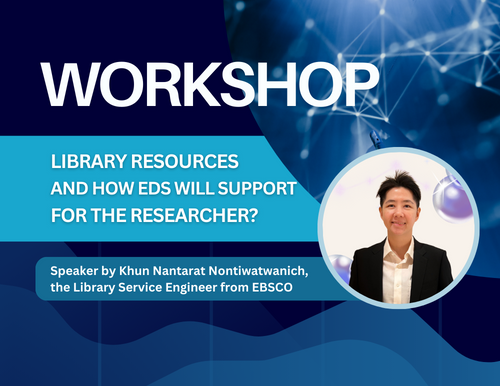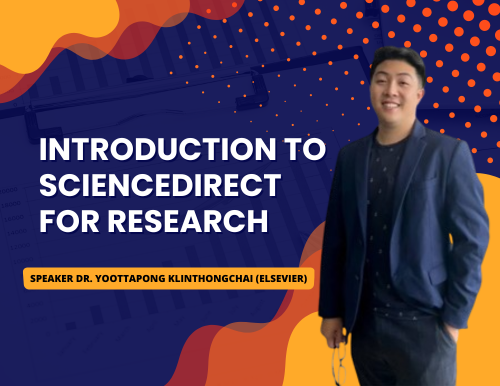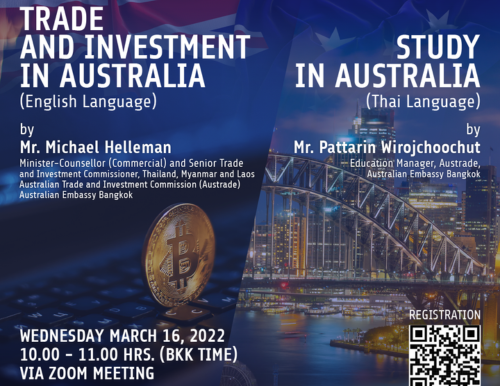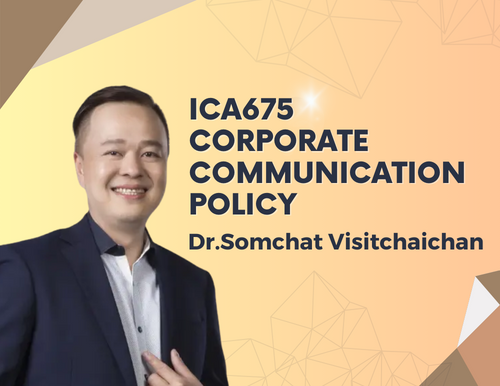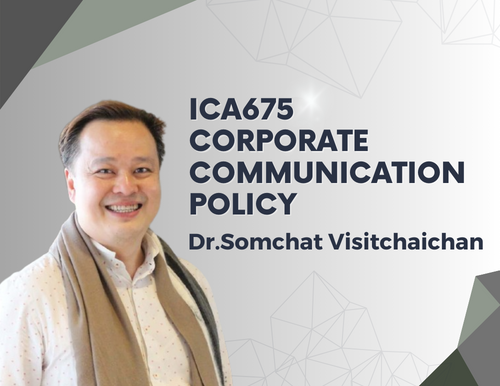The EBSCO database involves searching and accessing high-quality academic articles and research. The steps include targeted searching, reading, downloading, and saving desired articles in the system. Filters and advanced search functions help narrow down results to better match specific needs.
EndNote is a program designed for managing references and bibliographic information, allowing users to cite academic works, articles, or theses. It can be integrated with Microsoft Word for inserting citations and bibliographies. By Jirawat Promporn
This workshop covers advanced searching and the more sophisticated of databases in the EBSCOhost platform. Library Resources, What is EDS and how it works?, Techniques in “Feature & Setting”, How EDS support the researcher. By Nantarat Nontiwatwanich on January 20, 2024
This is a method for researching information related to the ScienceDirect database, which covers research in fields such as business management, accounting, computer science, scientific decision-making, economics and finance, engineering, psychology, and social sciences. on December 9, 2023
กระบวนการที่ใช้เครื่องมือและวิธีการต่าง ๆ เพื่อเข้าใจและวิเคราะห์ตลาดที่เป็นเป้าหมาย ซึ่งสามารถช่วยให้ธุรกิจหรือองค์กรทำการวางแผนและตัดสินใจในการพัฒนาผลิตภัณฑ์หรือบริการ, การตลาด, และยุทธศาสตร์ธุรกิจที่เหมาะสมต่อสภาพการตลาดและความต้องการของลูกค้า
Information from Australian Embassy
Trade and investment in Australia by Mr. Michael Helleman
Study in Australia by K.Pattarin Wirojchoochut
on March 16th, 2022
Lecture ICA675 Corporate Communication Policy
By Dr.Somchat Visitchaichan
Lecture Date:
Sunday 16 February 2020
1.00 p.m. - 6.30 p.m.
There are 3 parts.
Lecture ICA675 Corporate Communication Policy
By Dr.Somchat Visitchaichan
Lecture Date:
Sunday 16 February 2020
1.00 p.m. - 6.30 p.m.
There are 3 parts.
Lecture ICA675 Corporate Communication Policy
By Dr.Somchat Visitchaichan
Lecture Date:
Sunday 16 February 2020
1.00 p.m. - 6.30 p.m.
There are 3 parts.
Lecture ICA675 Corporate Communication Policy
By Dr.Somchat Visitchaichan
Lecture Date:
Saturday 1 February 2020
9.00 a.m. - 12.00 p.m.
and 1.00 p.m. - 6.30 p.m.
There are 5 parts.


